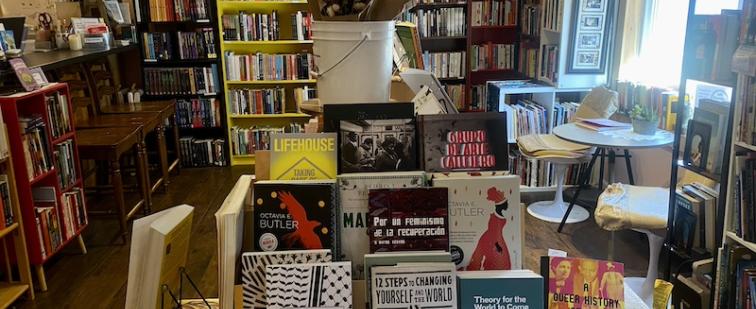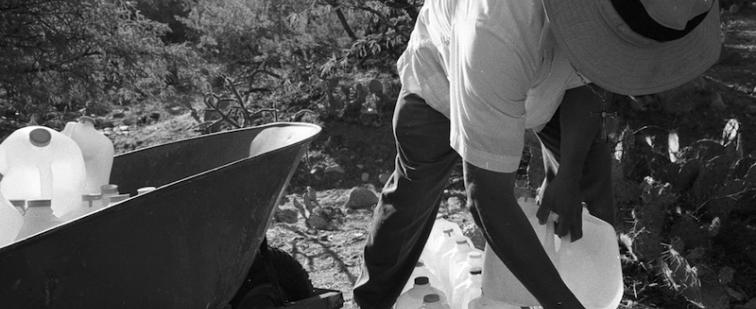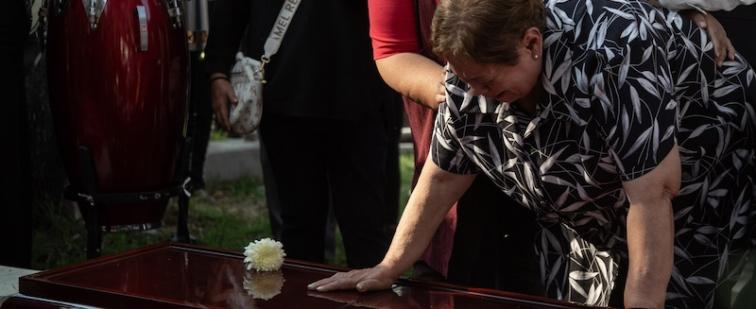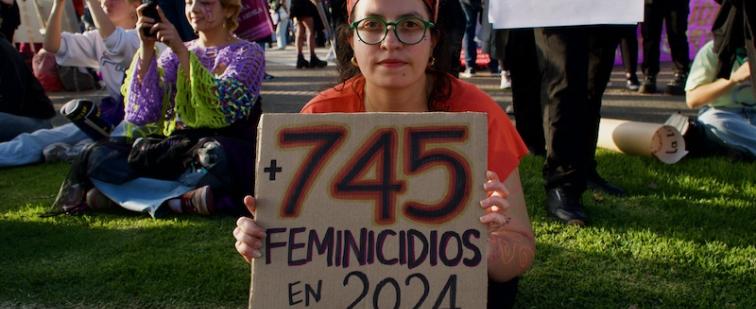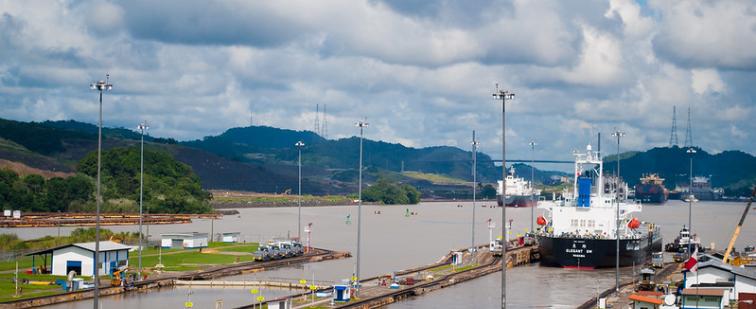Home
Last February, some 18,000 Guatemalans, mostly survivors or relatives of victims of the state-sponsored terror of the 1970s and 1980s, gathered in Guatemala City's Plaza of the Constitution to commemorate the "Day of Dignity for the Victims of the Internal Armed Conflict." There, they heard President Álvaro Colom publicly accept the findings of the UN report that documented the terror. This, together with Colom's official apology on behalf of the Guatemalan government and armed forces, were framed by the image of an angel with wings formed of the shoulder blades of victims of the violence. The angel has now become an iconic image of the struggle for human rights in Guatemala and internationally.
The Mexican Electrical Workers Union (SME) celebrated its 95th anniversary on December 14 with cultural events and pledges to continue to fight for the jobs of its members. But now, two months since President Felipe Calderón's liquidation of the state-owned Central Light and Power Company (Luz y Fuerza del Centro), seizure of the facilities, and firing of the 44,000 workers, and faced with the government's intransigence, the union has been forced to change its strategy.
Marco Enriquez Ominami railed against Chile's ruling center-left coalition, the Concertación, for being "dinosaurs" who were "out of touch" with the public. Although he captured only 20% of the vote in the first round of Chile's presidential elections, it was still a remarkable feat for a 36-year-old senator running as a progressive independent in a country where for the past 20 years without fail, about 60% of the vote has gone to the Concertación and 40% has gone to the right. For now, polls show that conservative billionaire Sebastian Piñera (who won 44% of the vote in the first round) will most likely win Chile's second round of presidential elections on January 17.
Thousands of MAS (Movement Towards Socialism) supporters filled the Plaza Murillo on Sunday, December 6, to catch a glimpse of the re-elected Bolivian president Evo Morales on the balcony of the Presidential Palace. Amidst the fireworks, clenched fists, celebrations and MAS flags read a banner, "Now it is time to nationalize the private media." Nationalization and Evo Morales go hand in hand, as the MAS leader has returned control of the nation's resources to the Bolivian state since taking power in 2006. But the banner did not represent an ideological position as much it reflected the anger generated by the opposition the extremely popular Morales continues to face from the country's privately owned media.
On June 20, 2009, soldiers set up a military checkpoint in Huamuxtitlan, a small town in the La Montaña region of the state of Guerrero, one of Mexico's many drug-war hot spots. They called a northbound passenger bus to a halt, searched it for drugs and weapons, and detained a passenger named Fausto Valera because he was wearing military-style boots. Perhaps suspecting that he was an insurgent, the soldiers demanded to know where he got the boots. When his answers failed to satisfy them, they placed him under arrest. The incredulous bus driver asked the soldiers to note in his log book that Valera was in their custody. After some complaining, they reluctantly did so.
Who is Rody Alvarado Peña? For much of the 1980s and early 1990s, she was one of Guatemala's thousands of battered women, suffering daily violent abuse at the hands of her husband. Since escaping to the United States in 1995, she has become a symbol of America's ambivalent treatment of female asylum seekers. Three presidential administrations and countless judges deliberated, appealed and ultimately deferred decisions on her case, but a recommendation issued in October may finally make Ms. Peña a legal U.S. resident.
Dole Food Company and Chiquita Brands International paid a Colombian terrorist organization to perform protection services that included murdering trade unionists, demobilized paramilitary José Gregorio Mongones said in an affidavit released December 6. The testimony is the centerpiece of two civil lawsuits against Chiquita and Dole filed by family members of victims of paramilitary violence in Colombia. Both lawsuits accuse the companies of funding the Autodefensas Unidas de Colombia (Colombian United Self-Defense Units, or AUC), the country's largest paramilitary organization, formally demobilized in 2006.
Any objective assessment of Daniel Ortega's government in Nicaragua must take into account the programs it has put in place that are improving the lives of the poor. The Nicaragua Network recently sponsored a ten-person delegation to the country led by my colleague Chuck Kaufman and me. Within the country we were confronted with claims about Ortega's anti-poverty programs that strongly contradicted one another. We heard severe criticisms of the programs from some but found that in practice the criticized programs were making a difference, albeit with problems recognized by the people involved in implementing them.
In early 2007, around the same time that Colombia’s government awarded thousands of dollars worth of agricultural subsidies to a pair of convicted drug lords, farmers in Boyaca province anxiously awaited their own emergency aid. For Feliciano Zapata, a surprise February frost meant he could harvest nothing from his acres of beans, potatoes and peas. Taking no chances, Zapata hired a camera crew to film the brown and withered crops, keeping the video as evidence of his losses when he and more than 2,200 other affected farmers applied for emergency government support. Four months later, Zapata received about $54. “Even the camera crew cost more than that,” he observed. His wife, who’d also applied for assistance as she’d lost about two acres of her own land, received about $1.50, not enough to cover transportation costs back to the farm.
Bolivian president Evo Morales and his political party, the Movement Towards Socialism (MAS), won a resounding victory in the presidential elections this past Sunday, December 6. The nearest challengers, Manfred Reyes Villa and his running mate Leopoldo Fernández — whose current address is a La Paz prison, where he stands accused of ordering the murder of pro-government peasants — represent an old political and economic order that has used sedition and violence in an effort to obstruct and destabilize the Morales government.






